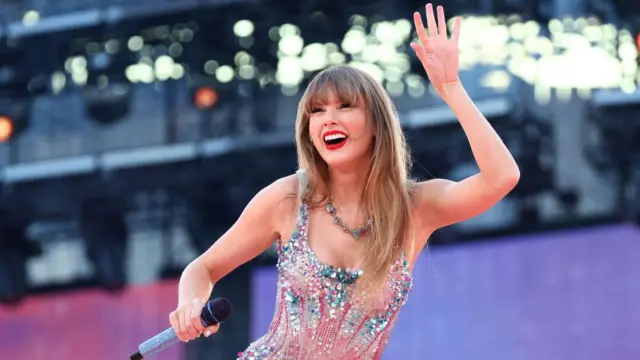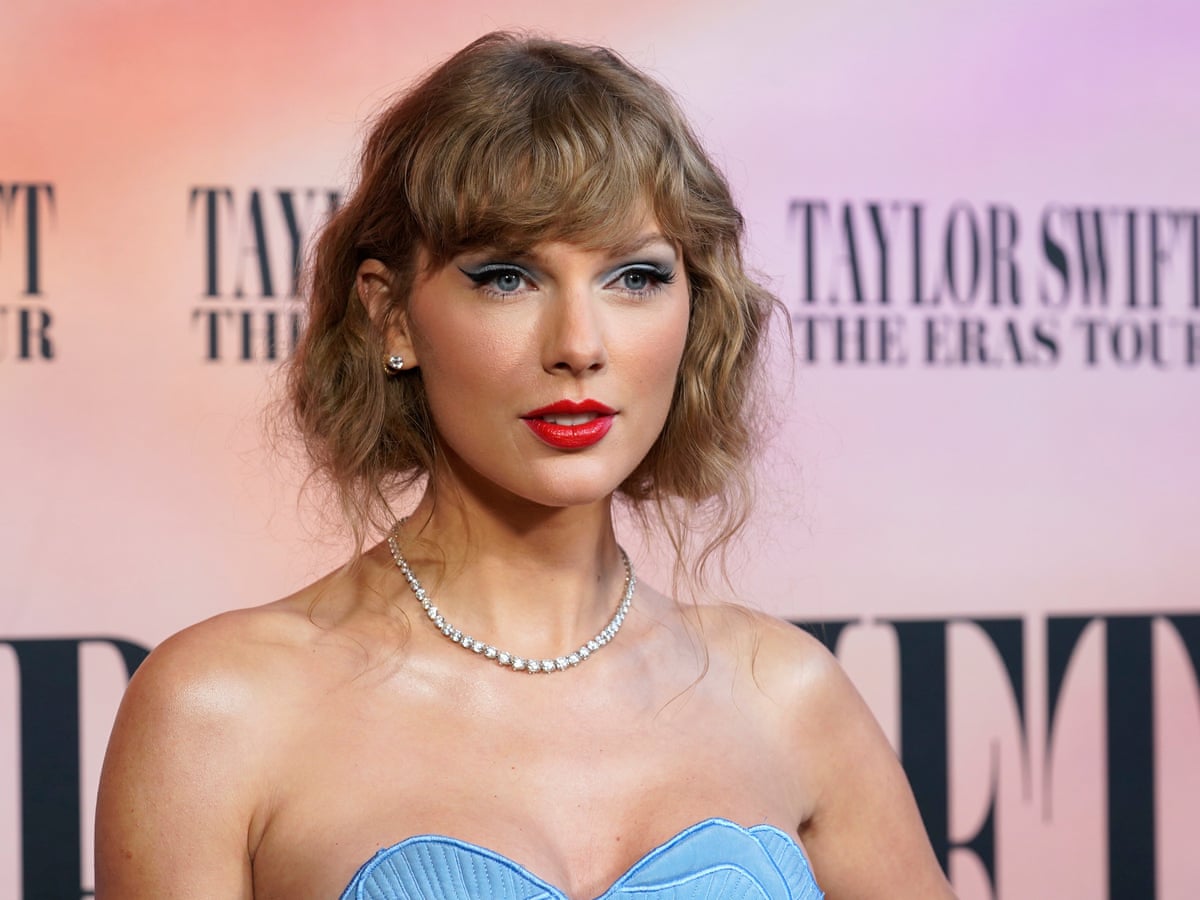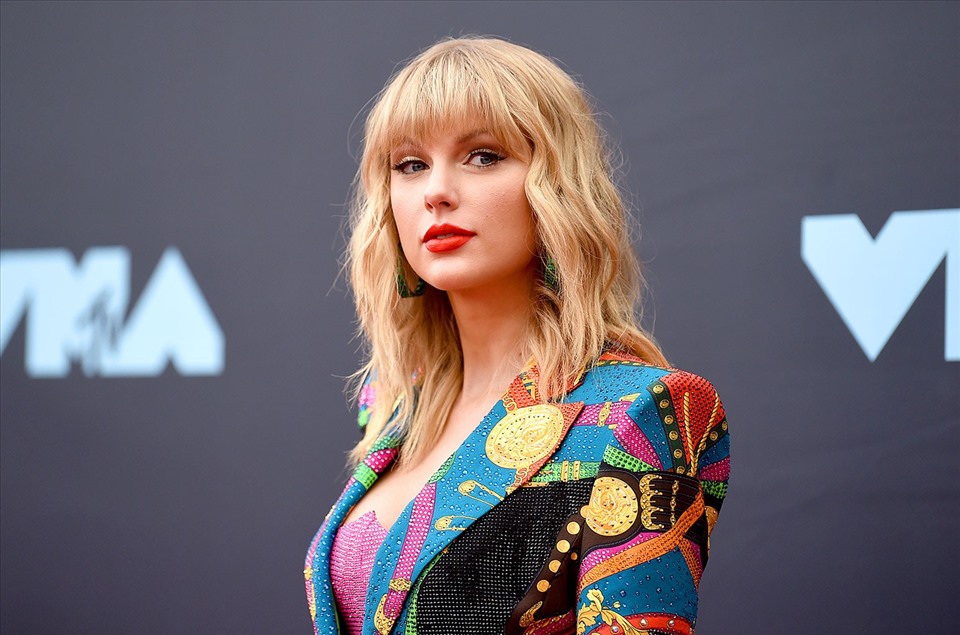The intersection of celebrity influence and political opinions has become a focal point in today’s society, especially with high-profile figures like Taylor Swift expressing their views on important issues. Fans and the public often engage in spirited discussions about whether they care about these celebrities’ political stances, and the answers can be as varied as the fans themselves.
For some fans, Taylor Swift’s political views matter significantly. Many followers appreciate her willingness to speak out on issues such as LGBTQ+ rights, voter registration, and social justice. Swift’s ability to leverage her platform for advocacy can inspire her audience to engage with these causes and encourage political participation. For younger fans in particular, Swift’s endorsement of political candidates or movements can serve as a catalyst for awareness and action, demonstrating how celebrities can influence the social landscape.

Conversely, there are fans who prefer to keep their admiration for celebrities separate from political discourse. Some may feel that artists should focus on their craft rather than enter the political arena, arguing that this could alienate segments of their fan base. Swift’s past hesitation to share her political beliefs reflects a broader concern among celebrities about potentially losing fans over controversial topics. As a result, some supporters may choose to disengage from discussions surrounding their favorite artists’ political affiliations, emphasizing that they appreciate them for their artistry rather than their opinions.

Moreover, the impact of Swift’s political statements can extend beyond her fan base. With her massive following on social media, Swift’s messages can reach millions, influencing public discourse at large. The way she navigates her role as a celebrity in politics raises questions about responsibility and the potential consequences of that influence. When a figure as prominent as Swift takes a stand, it can spark broader conversations about societal issues, encouraging fans to explore their beliefs and engage in activism.
Ultimately, whether fans care about Taylor Swift’s political views often depends on individual perspectives and priorities. Some might find value in her advocacy, seeing her as a role model who uses her influence to drive change. Others may wish to compartmentalize their admiration, focusing solely on her music and artistic contributions. This divide illustrates a larger trend in celebrity culture, where the lines between entertainment and politics continue to blur, leading to rich discussions about the role of celebrities in shaping public opinion and the responsibilities that come with that influence.

In conclusion, the question of whether fans care about Taylor Swift’s political views opens up a broader dialogue about the relationship between celebrities and their audiences. It highlights how celebrity influence can motivate political engagement while also illustrating the varied reactions to such involvement. As society continues to grapple with complex issues, the role of figures like Swift in the political arena will likely remain a topic of interest and debate.